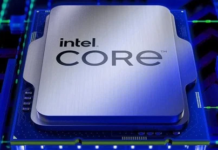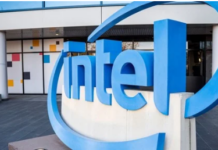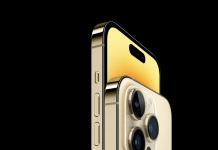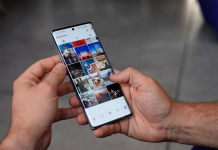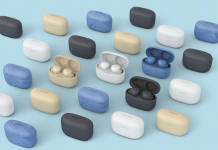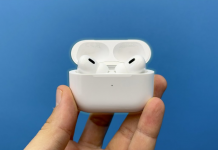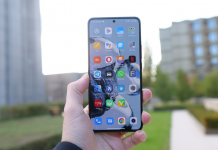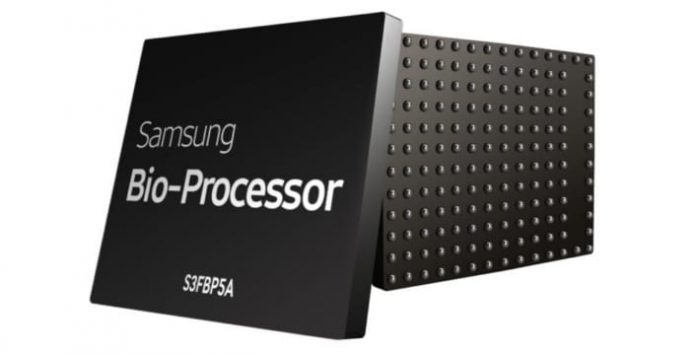The components built into our mobile devices shrink a little more each year. Finding themselves in our connected objects, their usefulness grows. Samsung offers a Bio-Processor designed to monitor our health as seriously and precisely as possible.
- Read also: Health and Waves: Which smartphones have the lowest and highest DAS
Bracelets, watches, these everyday objects that may seem innocuous offer features that you may not have suspected and yet. These are able to track your heart rate since are usually worn on your skin. The only problem is certainly their accuracy that can leave something to be desired, despite the components present in the devices.
Samsung has been keen to mitigate this and develop health-focused products and software. This has resulted in the presence of a cardiogram in some smartphones and smartwatches. The Korean firm has even developed an Android app called S-Health that makes it easier to read this physiological data via its devices. Today, Samsung announces that it has designed a microprocessor entirely dedicated to measuring and assessing our health conditions through the connected objects we carry.
Be careful, here it is no longer a question of counting the number of steps taken or the heart rate, the measurements go much further. Called Bio-Processor, it will be integrated into connected objects for people who want to get accurate daily monitoring of their health. According to the manufacturer itself, there is an emerging market eager to take more care of their organization.
Samsung’s Bio-Processor is capable of recording 5 separate biometric signals. It is the most versatile and versatile chip on the healthcare market. It should be able to open up new possibilities in this area. Ben K. Hur, Vice President of Marketing at Samsung Electronics
The processor incorporates multiple components, including a Digital Signal Processor (DSP), eFlash memory and an energy management circuit. It will thus be able to carry out analyses and measures without the need for external intervention of other elements. The chip has the advantage of being particularly compact. It can measure fat levels, muscle mass, heart rate, skin temperature and stress level (understand the effort you have during an exercise).
Wearables could, thanks to this chip, be assigned brand new features and see their usefulness increased tenfold by combining their different measurement points. Currently in mass production, Samsung, which wants to bring its processors to the same level as Qualcomm, has already planned a whole range of demonstration objects that will publicly attest to the capabilities of the processor.
Expected in our connected objects during the first half of 2016, it could also find itself integrated into products derived from the competition.




